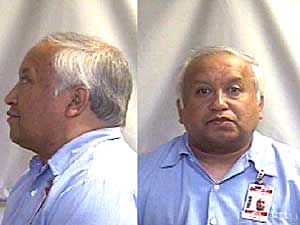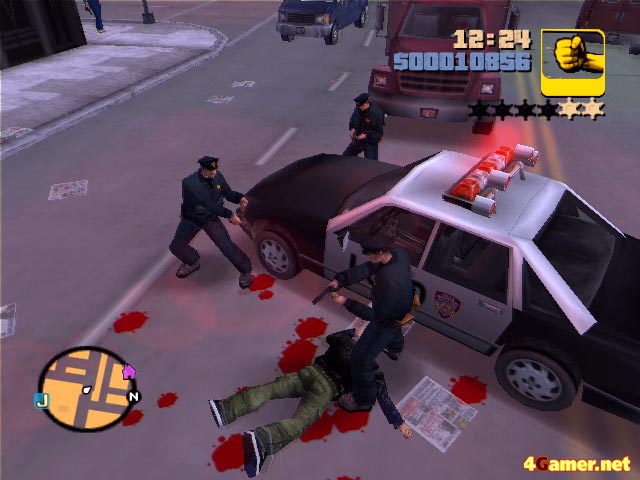
A public craving for revenge in the wake of the murder of University of North Dakota student Dru Sjodin was satisfied last week when a jury of 12 decided to impose the death penalty on Alfonso Rodriguez, Jr.
Although the jury unanimously agreed that Mr. Rodriguez suffered from a “mental disorder or impairment” and that a sentence of death would devastate his immediate family they ruled in the end that he was still capable of making “good decisions” and therefore deserved to lose his life for the horrific rape and murder of the attractive young woman. They made this decision despite the fact that Mr. Rodriguez, who feared he may continue to pose a danger to society, had asked to remain in prison following his mandatory release.
The American right to commute a sentence of death upon those who commit murder is an anomaly in the Western world, where among the nations of North America and Europe only Belarus, Guatemala, Belize and a handful of Caribbean countries actively retain the practice. Among countries considered to be “fully developed democracies” only the U.S., Japan and South Korea impose the death penalty. It has not been shown to act as a significant deterrent in states where it is practiced, and its purpose must therefore be seen primarily as an act of vengeance.
In the case of Mr. Rodriguez, according to jury foreman Terry Heuer, "There was some feeling, 'What mercy was shown for Dru?' Life in prison wasn’t punishing him because he got along fine in prison." It is astonishing enough that a group of 12 people could agree to execute an individual they regarded as mentally impaired, but to do so because prison was not deemed enough of a punishment is appalling.
In the wake of this decision there has been talk in North Dakota and Minnesota of re-instating capital punishment, where it has been suspended since the early part of the last century (Mr. Rodriguez was convicted on a federal statute and therefore eligible for the death penalty.) The reversal would be a tragic result, especially in light of the fact that Mr. Rodriguez should never have been allowed to re-enter society unsupervised in the first place.
There will no doubt be an appeal in this case, and it may be years before Mr. Rodriguez faces lethal injection (a practice which is currently facing challenges in some U.S. jurisdictions as being counter to the eighth amendment abolishing “cruel and unusual punishment”). But the question of how a randomly selected group of people, most if not all of whom would identify themselves as Christians, could reach the unanimous decision to execute another human remains puzzling to say the least.
More than any other county in the democratic world the United States identifies itself as a nation under God, and yet they continue to practice, quite publicly, the most reprehensible form of retribution, short of torture, known to man. To paraphrase a currently popular American sentiment: Is this what Jesus would do?







